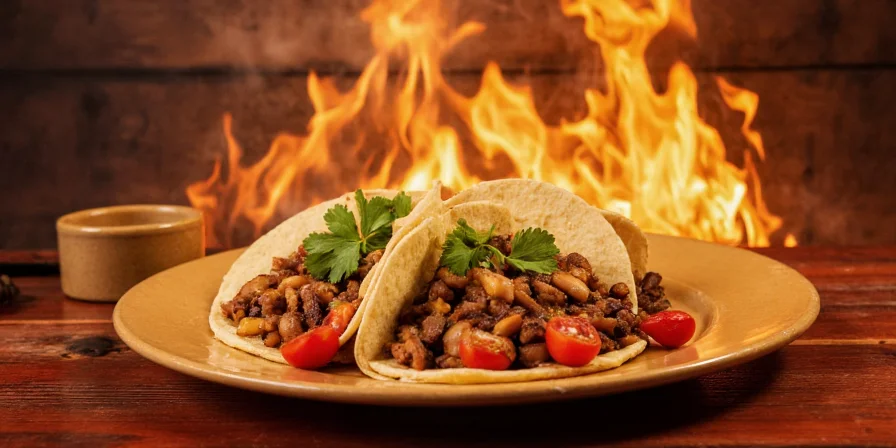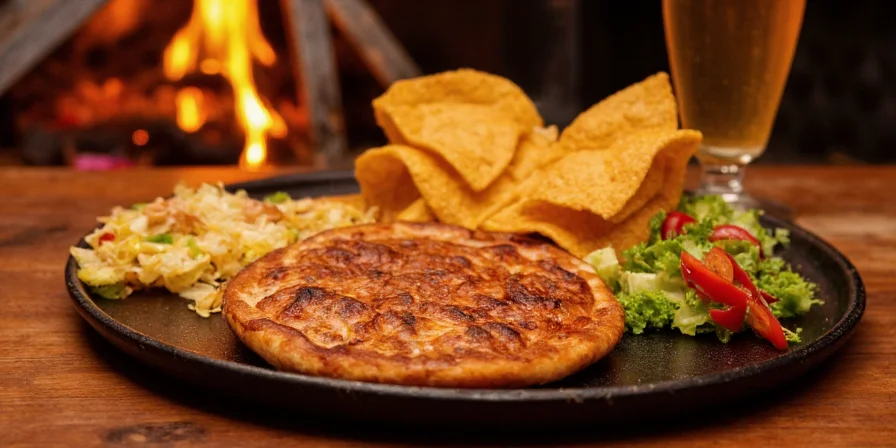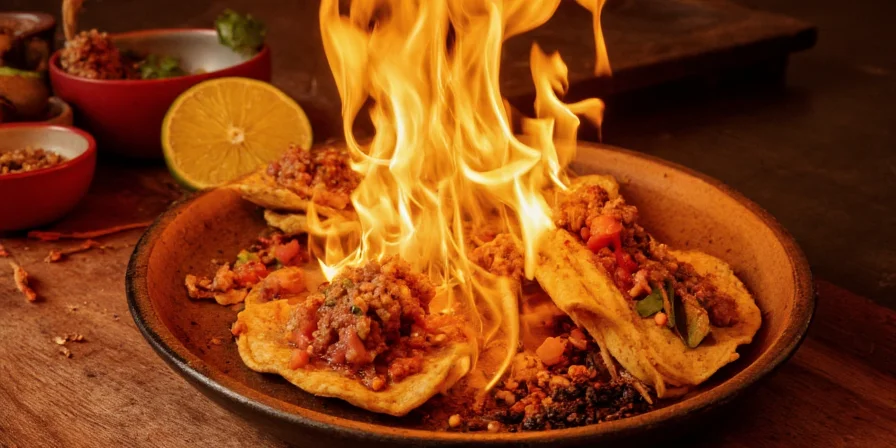Exploring Hot Mexican Cuisine: A Journey Through Global Spice Traditions
Mexican cuisine is a vibrant tapestry of flavors, colors, and traditions, all woven together by the use of spices and ingredients native to its land. Among these, the 'hot' aspect of Mexican food stands out, not just for its heat but also for its depth and complexity. In this blog post, we’ll dive into the world of hot Mexican cuisine, exploring its origins, popular dishes, and the spices that make it a global favorite.
The Roots of Mexican Spice Traditions
Mexican cuisine is a blend of indigenous Mesoamerican cooking and Spanish influences brought over during the colonial period. This fusion has given rise to a unique food culture that incorporates a wide variety of spices and ingredients.
- Indigenous Ingredients: Ingredients like chilies, tomatoes, and maize were staples in ancient Mexican diets.
- Spanish Influence: The introduction of spices like cumin, garlic, and cinnamon transformed traditional dishes.
- Regional Variations: Different states in Mexico have their own unique twists on hot dishes, influenced by local ingredients.
The Role of Chilies in Hot Mexican Cuisine
Chilies are the heart and soul of Mexican cuisine, providing not only heat but also flavor. There are over 100 varieties of chilies used in Mexico, each offering a unique taste and level of spiciness.
| Chili Type | Heat Level (Scoville) | Flavor Profile |
|---|---|---|
| Jalapeño | 2,500 - 8,000 | Fruity, grassy |
| Serrano | 2,500 - 5,000 | Bright, crisp |
| Habanero | 100,000 - 350,000 | Floral, fruity |
| Poblano | 1,000 - 2,000 | Rich, earthy |
Iconic Hot Mexican Dishes
When we think of hot Mexican food, several iconic dishes come to mind. These dishes not only highlight the spicy elements but also demonstrate the complexity of flavors in Mexican cuisine.
1. Tacos al Pastor
Tacos al Pastor is a street food favorite that showcases marinated pork cooked on a vertical spit. The meat is seasoned with a blend of spices, including chilies, and served with onions, cilantro, and pineapple.

2. Mole Poblano
Mole Poblano is a rich, complex sauce made from chocolate, spices, and chilies. It’s typically served over chicken or turkey and represents the fusion of indigenous and Spanish flavors.

3. Spicy Salsa
No Mexican meal is complete without salsa. From the fresh pico de gallo to the smoky chipotle salsa, these condiments add a fiery kick to any dish.

Understanding Heat Levels: How to Handle Hot Mexican Cuisine
When it comes to enjoying hot Mexican food, understanding spice levels is crucial. Here are some tips to help you navigate the heat:
- Start Mild: If you're new to spicy food, start with milder dishes like guacamole or salsa verde.
- Know Your Chilies: Familiarize yourself with the different types of chilies and their heat levels.
- Balance with Dairy: Pair spicy dishes with dairy products like sour cream or cheese to mitigate the heat.
The Health Benefits of Spicy Food
In addition to its deliciousness, hot Mexican food can also offer several health benefits:
- Boosts Metabolism: Spices like chilies can increase metabolic rate.
- Rich in Antioxidants: Many spices found in Mexican cuisine are rich in antioxidants, which are beneficial for overall health.
- Improves Digestion: Spicy foods can stimulate digestion and improve gut health.
Global Influence of Hot Mexican Cuisine
Hot Mexican cuisine has made its way around the globe, influencing culinary traditions in various regions:
1. United States
The U.S. has embraced Mexican food, leading to the rise of Tex-Mex cuisine, which blends traditional Mexican flavors with American ingredients.
2. Latin America
Countries like Peru and Brazil have incorporated Mexican spices and techniques into their own culinary practices, leading to exciting fusion dishes.
3. Europe
In Europe, the popularity of Mexican food has grown, especially in countries like Spain and Italy, where spicy flavors are increasingly appreciated.
Conclusion: A Spicy Love Affair with Hot Mexican Cuisine
Hot Mexican cuisine is more than just food; it's a celebration of culture, tradition, and the power of spice. Whether you’re indulging in a fiery taco or savoring a rich mole, every bite tells a story of history and flavor. So next time you enjoy a hot meal, remember the journey of spices that brought it to your table. Embrace the heat and let your palate explore the vibrant world of Mexican cuisine!










 浙公网安备
33010002000092号
浙公网安备
33010002000092号 浙B2-20120091-4
浙B2-20120091-4